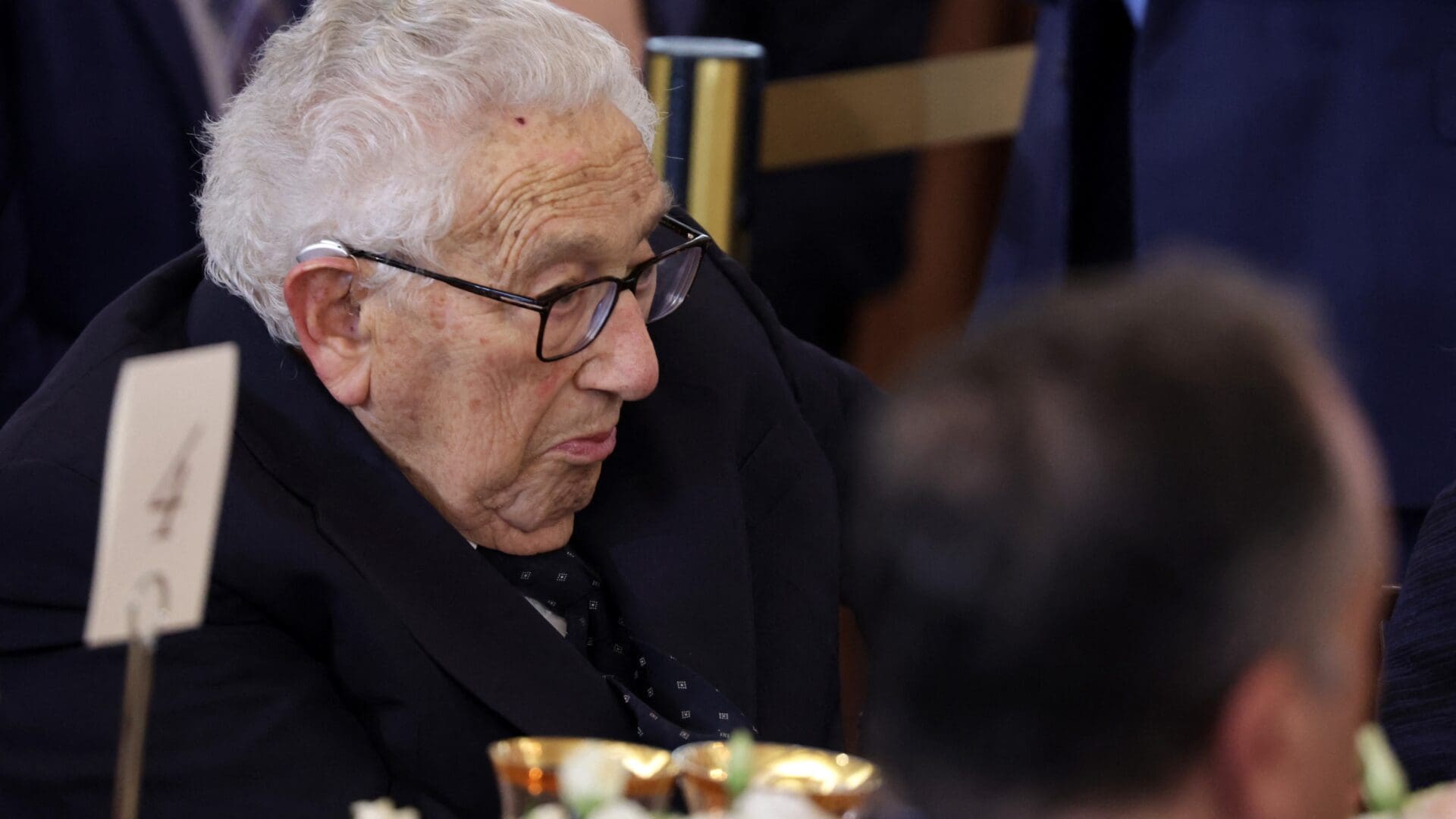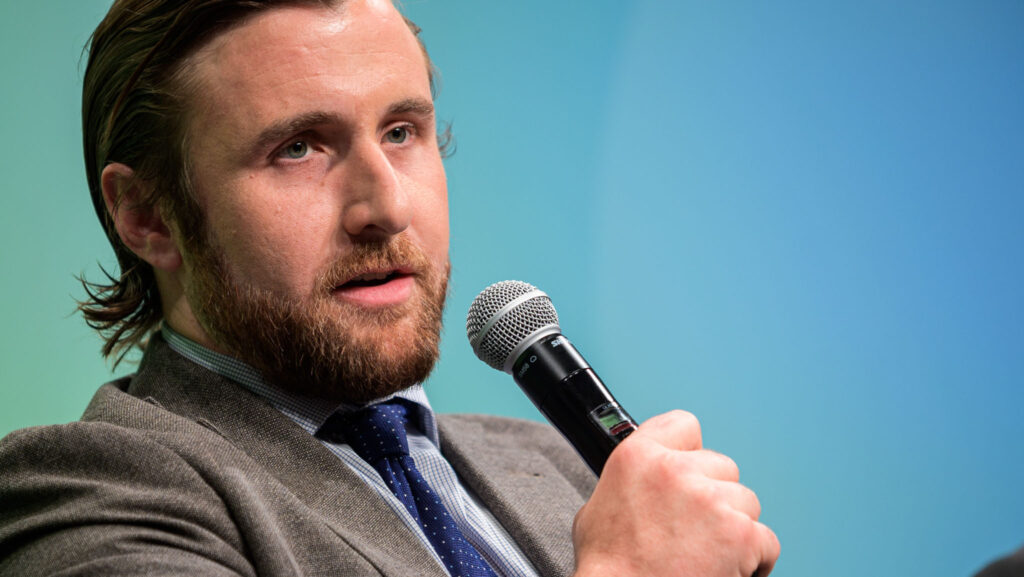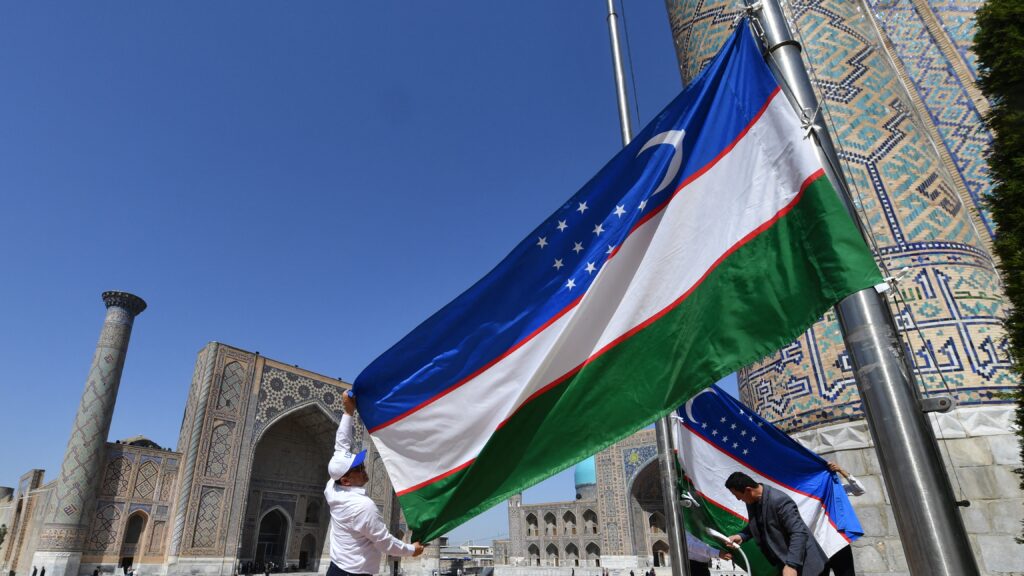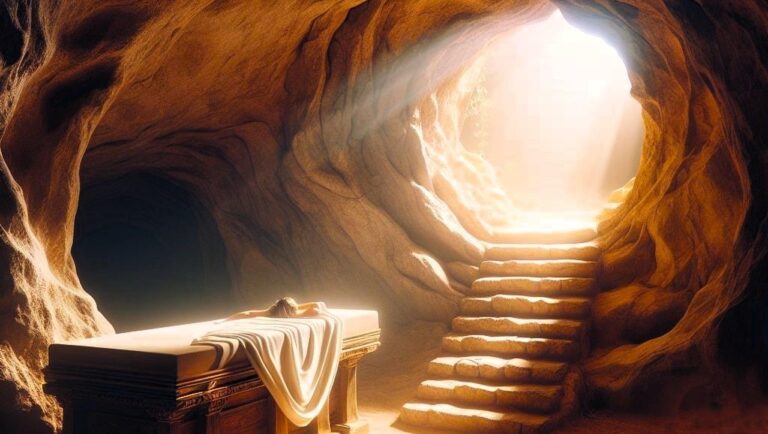I met Kissinger only once: on December 4, 2019, at the Center for the National Interest’s Gala Anniversary Dinner. Though by that time I was Senior Editor of The National Interest, I was nonetheless a young man in his mid-twenties. Here was I, a mere neophyte in the arts of statecraft, being introduced to the Legend Himself. I provided sufficiently interesting conversation to earn a compliment, and, feeling adventurous, asked if he would provide career advice. He replied with one of his famous lines: ‘Don’t be too ambitious. Do the most important thing you can think of doing every year and then your career will take care of itself.’
In almost any other case, this would be regarded as rather bland and clichéd advice. Coming from Henry Kissinger—one of the most influential figures in American history—it rang rather differently. You too would be surprised if such a colossus ever brushed past you and merely said, ‘don’t aim too high; just do what you think is important.’
Kissinger is now dead, passing away at his home in Kent, Connecticut on November 29 after 100 years of living on this Earth. Those who knew him and those who didn’t are already competing to write tributes, condemnations, celebrations, and more than a few calls for the Almighty to damn this debased war criminal to the lowest pits of hell.
It all seems rather chaotic and anarchic. Kissinger would certainly have been amused, for if there is one thing he firmly believed in, it is that
we live in an anarchic world where there is no such thing as a guarantee for justice.
Rather, it is the task, the duty, the solemn responsibility of national leaders and statesmen to approach the world with a clear-eyed understanding of how it is, rather than as one might wish it to be.
To understand Kissinger we must remember that he was born a young Jew in Weimar Germany, and grew up as a firsthand witness to Adolf Hitler’s works. As Robert Kaplan notes, Kissinger learned quite a bit from the Holocaust, ‘though they were different lessons from those learned by the liberal elite of his era. Kissinger saw Hitler as a revolutionary chieftain who represented the forces of anarchy attempting to overthrow a legitimate international system, as imperfect as it was.’ In a letter he wrote at twenty-three years of age, Kissinger described what he learned from meeting concentration camp survivors. ‘The intellectuals, the idealists, the men of high morals had no chance.’ The survivors of the Holocaust ‘had learned that looking back meant sorrow, that sorrow was weakness, and weakness synonymous with death.’
These hard-learned lessons are evident early on in Kissinger’s career. His PhD thesis—covering Klemens von Metternich and Concert of Europe—eventually became his first book, A World Restored: Metternich, Castlereagh and the Problems of Peace 1812-1822. It remains one of the best written works on the subject, expounding upon the importance of a balance of power in the international system, essential to maintaining order. Such a system, Kaplan observes, while ‘not necessarily just or fair, was accepted by the principal players as legitimate. As long as the system was maintained, no one would challenge it through revolution.’ For Kissinger, this was a moral obligation of the highest order, necessary to avoid repeating the cataclysmic decades of the early nineteenth and twentieth centuries.
Kissinger’s curse, such as it is, is that he was born too late; he missed both the multipolar environment of the late nineteenth and early twentieth century. Instead, he had to make due with the largely bipolar environment of the Cold War, helping move chess pieces on the grand chessboard that was U.S. strategic competition with the Soviet Union. To quote the New York Times’ David Sanger, ‘To Mr. Kissinger, there were superpowers and there was everything else, and it was the everything else that got him into trouble.’
There are more than a few good moves: he laid the foundations for détente with the USSR in the 1970s. He engaged in breathless shuttle diplomacy after the Yom Kippur War. Efforts like these are all right and proper in the order of things.
But Kissinger also earned eternal infamy in these years. His key role in Vietnam War decision-making, including the expansion of the conflict to neighboring Cambodia—with all the bombing and death that came with it—remains his greatest claim to notoriety. Add to this his involvement in U.S. policy toward Latin America, from intervention in Chile to Argentina’s Dirty War, efforts in Africa that arguably prolonged the apartheid regime of South Africa, and more.
Critics of Kissinger, of which there are legion, contend that quaint notions of human rights were of secondary concern to him;
so focused was he on wielding power—even if in the supposed service of a supposed greater good—that the lives of innocents fell by the wayside. Such disregard is chilling to all but the most stoic, the most cynical, and, dare one say, the most realist of thinkers and leaders. Kissinger himself described the mentality best in his doctoral dissertation: ‘to contemplate an abyss, not with the detachment of a scientist, but as a challenge to overcome—or perish in the process.’
It is telling then that Kissinger shined brightest on matters concerning multipolarity and the balance of power. His magnum opus was masterminding the Sino-Soviet split; restoring a level of stability to the international system and reshaping global order by transforming the bipolar Cold War into a tripolar one. Yet even this grand triumph has been marred by age; his consulting and advisory work for the People’s Republic of China in recent years takes on a new light in the current environment, with Beijing now standing as the greatest, richest, and arguably most powerful near-peer adversary that the United States has ever had to confront.
Yet Kissinger was cursed in another way: he was born too early. Though American power has relatively declined and Chinese power is ascending, the latter does not have sufficient force, influence, or reach to impose unipolar hegemony. Barring dramatic reversals of fortune, the international environment appears to be headed toward a multipolarity, where great and middle powers, along with other, lesser states, must live alongside and compete with each other. The great game of geopolitics has returned in full, and with it, the arts of balancing, diplomacy, and careful statesmanship. The world will look much more like the nineteenth century rather than the twentieth. It is this sort of environment that makes leaders clever if they wish to survive, and the coming months and years and decades may thrust genius upon a few.
This is why, despite what many supporters and critics think, it is still far too early to fully judge Henry Kissinger. If anything, it could very well be argued that we now live, more than ever, in Kissinger’s world. His many disciples, and the disciples of those disciples, whether in the United States, China, or elsewhere, will continue to play the game for him. His books will continue to be read, his teachings passed down to future diplomats, policy experts, and decisionmakers.
And in the fullness of time, Kissinger’s ghost will return to claim his rightful tribute. He will say that it is overdue.








